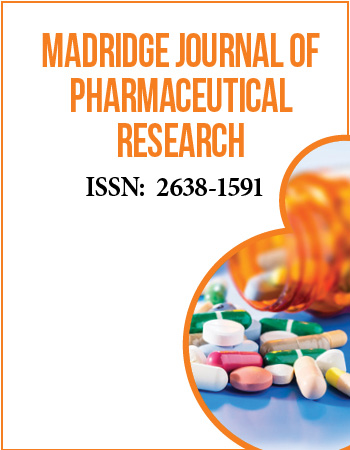2nd International Conference on Pharma & Nutrition, Health and Aging
August 1-2, 2019 Valencia, Spain
Cur2004-8, A Synthetic Curcumin Derivative, Extends Lifespan and Modulates Age-Related Physiological Changes in Caenorhabditis elegans
1Department of Medical Biotechnology, Soonchunhyang University, Republic of Korea
2Department of Nephrology, School of Medicine, Soonchunhyang University, Republic of Korea
Curcumin is a compound found in yellow indicant curry and known to have various biological activities, including anti-oxidant, anti-inflammatory and anti-cancer activities. Cur2004-8 is a synthetic curcumin derivative having symmetrical bis-alkynyl pyridines and shows a strong anti-angiogenic activity. In the present study, we examined the effect of dietary supplementation with Cur2004-8 on response to environmental stresses and aging using Caenorhabditis elegans as a model system. Dietary intervention with Cur2004-8 significantly increased resistance to oxidative stress. Anti-oxidative-stress effect was greater than curcumin. However, response to heat stress or ultraviolet irradiation was not affected by Cur2004-8. Next, we examined effect of Cur2004-8 on aging. Cur2004-8 significantly extended both mean and maximum lifespan accompanying a shift in time-course distribution of progeny production. Age-related decline in motility was also delayed by supplementation with Cur2004-8. In addition, Cur2004-8 prevented amyloid-beta-induced toxicity in Alzheimerʼs disease model animals, which required a FOXO transcription factor DAF-16. Compared to curcumin, Cur2004-8 showed greater anti-oxidant and anti-aging effects. Dietary supplementation with Cur2004-8 also reversed increased mortality observed in worms treated with high-glucose-diet. These results suggest that Cur2004-8 a synthetic curcumin derivative harboring enhanced bioactivities and can be used for the development of novel anti-aging product.
Biography:
Sang-Kyu Park got his masterʼs degree in Biochemistry at Yonsei University in Korea. He got his Ph. D degree in Genetics at University of Wisconsin-Madion, USA in 2006. His thesis was about the identification of biomarkers of aging using transcriptional profiling. Then, he had worked as a Postdoc researcher at Institute for Behavioral Genetics at University of Colorado at Boulder and studied role of oxidative stress in aging. In 2010, he was employed as an Assistant Professor at Soonchunhyang University in Korea and has been studying the effect of anti-oxidants on aging and their underlying mechanisms using C. elegans.


